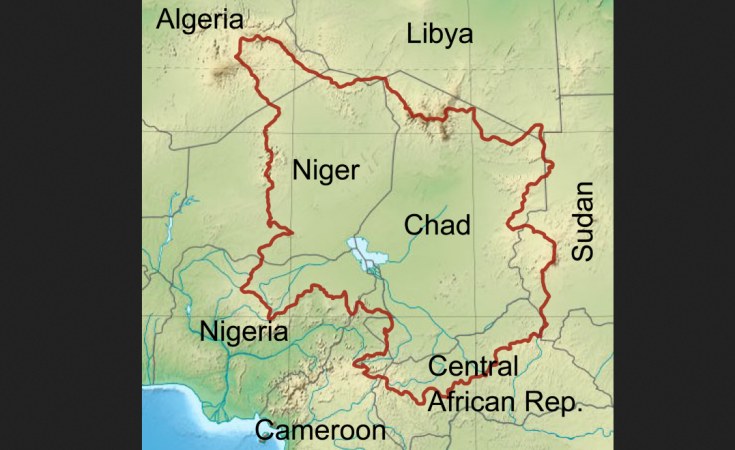Yaounde, Cameroon — Officials in Cameroon and Niger say several million people in Boko Haram-affected territories are threatened by severe hunger as floods and wildlife destroy thousands of hectares of farmland. Governors from the two West African nations visited northern Cameroon Friday after a crisis meeting in Diffa, Niger. They say millions of people, including thousands who were returning after fleeing conflicts between cattle ranchers and fishers, need food and resettlement help.
Lake Chad Basin Governors Forum officials say millions of refugees and displaced persons returning to towns and villages in Cameroon, Chad, Nigeria and Niger are in urgent need of lifesaving aid.
Boko Haram terrorism in the region has left more than 36,000 people dead, mainly in Nigeria, while 3 million have been forced to flee their homes according to the United Nations.
Midjiyawa Bakari is chairman of the forum, made up of eight governors of Boko Haram-affected territories.
He says he visited Boko Haram-affected areas in Niger and Cameroon Friday so he could understand challenges facing those returning to their towns and villages.
Bakari spoke to Tele Sahel, Niger's state broadcaster, and Cameroon government-owned broadcaster, CRTV.
He says several conflicts are reported among civilians returning because the Lake Chad Basin, which is home to more than 40 million people, has shrunk 90% in 60 years. Bakari says livelihoods in the area revolve around livestock, fishing and farming. He says he held a crisis meeting with Mohamed Mouddour, governor of Niger's Diffa region, to see how living conditions of several million people in dire need can be improved and their security against potential Boko Haram attack assured.
Bakari, who is also the governor of Cameroon's Far North region on the border with Chad and Nigeria, blames climate change for the disappearing Lake Chad Basin waters. He says clashes between herders, fishermen and farmers over water and tributaries of Lake Chad are reported on a weekly basis.
The forum says thousands of people displaced last year by flooding and elephant attacks are also returning and need resettlement help.
As the governors call for international help for the returning refugees and displaced persons, Cameroon, Nigeria and Chad report that migratory caterpillars, crickets and weaver birds are decimating thousands of hectares of farmland on their borders. The farmlands are either owned by displaced persons or grow food for refugees and displaced persons.
Jean Felix Wankague is the highest Cameroon government agriculture and livestock official in Logone and Chari, an administrative unit on Cameroon's northern border with Chad and Nigeria.
He says the caterpillars, crickets and weaver birds have devastated several hundred hectares of millet, rice and corn plantations. He says helpless farmers are either shouting or beating drums to chase the birds and crickets. Wankague says the migratory birds from forests and national parks in Cameroon, Nigeria and Chad are searching for food and water.
Wankague spoke to VOA through a messaging app from Kousseri district in Logone and Chari.
The U.N. Office for the Coordination of Humanitarian Affairs, OCHA, reports that this year, millions of crisis-affected people in West and Central Africa will remain in a dire situation as humanitarian response funding remains inadequate, and the crisis is outpacing the response.
OCHA says $2.53 billion is needed to adequately address the region's most pressing humanitarian needs and assist 7.4 million people.


